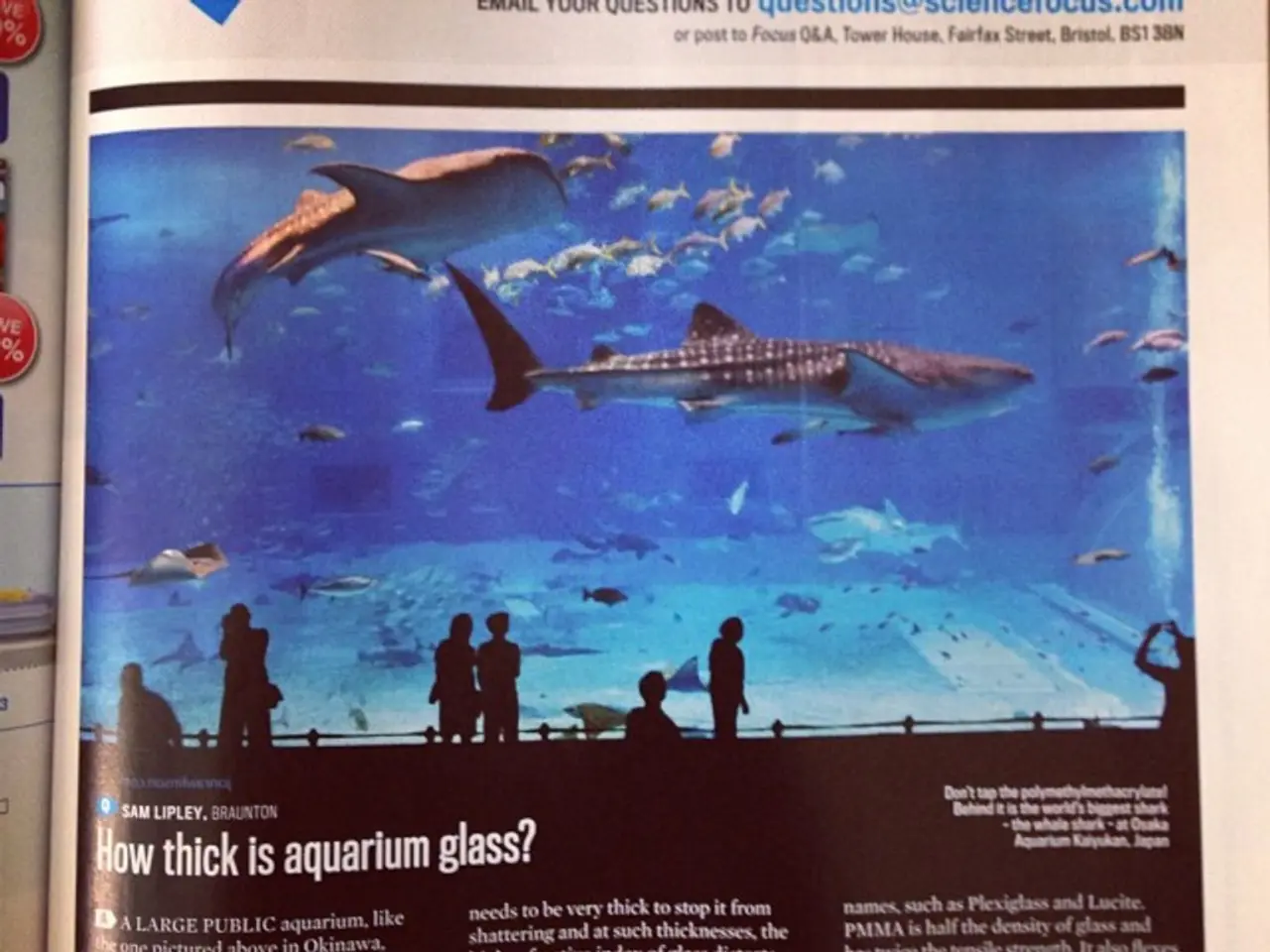Congressional Republican resistance halts progress on Trump's tax legislation
The much-anticipated tax and spending bill, a signature legislation of President Donald Trump, has **passed both the Senate and the House of Representatives** and is now expected to become law. The Senate approved the bill with Vice President JD Vance casting the tiebreaking vote, while the House passed the final version with a narrow margin of 218-214 votes, meeting the GOP deadline of July 4th, 2025[1].
The bill, dubbed the "One Big Beautiful Bill," is a large and complex piece of legislation—nearly 900 pages—that includes about $4.5 trillion in tax cuts, new spending priorities like increased funding for national defense and deportations, and various new tax deductions such as those for tips, overtime, auto loans, and a $6,000 deduction for older adults earning up to $75,000 annually, aimed at exempting Social Security benefits from taxes[1].
However, the bill's passage has not been without controversy. Key concerns causing opposition from both moderate and conservative lawmakers include the bill's massive cost, the projected increase in the deficit, and the long-term fiscal implications of making tax cuts permanent. The Congressional Budget Office projects the bill will increase federal deficits by nearly $3.3 trillion over the next 10 years (2025-2034), raising alarm about fiscal responsibility[1].
Democrats uniformly oppose the bill due to its large tax cuts benefiting mainly higher earners and its spending increases on defense and deportations. Some Republicans have also expressed concern about the size of the deficit increase and the permanence of the tax cuts, which could contribute to long-term fiscal imbalance, making the bill controversial even within the GOP ranks[1].
In the House of Representatives, the bill is currently in limbo. The first test vote took unusually long, lasting for seven hours and 31 minutes. The bill had to return to the House for a rubber stamp of the Senate's revisions. Republicans have lost three members of their party in relation to the bill: one conservative, two moderates. House Speaker Mike Johnson is relying on President Trump to influence wavering members to support the bill[1].
The bill, if passed, would have significant implications for the country's finances. It is projected to pile an extra $3.4 trillion over a decade onto the country's fast-growing deficits. Numerous rural hospitals are expected to close due to the bill, raising concerns about healthcare access for millions of Americans[1].
The bill honors many of Trump's campaign promises, including boosting military spending, funding a mass migrant deportation drive, and committing $4.5 trillion to extend his first-term tax relief. Critics argue that the bill redistributes wealth from the poorest Americans to the richest, and House Democrats plan to use this issue as a campaign topic in the 2026 midterm elections[1].
In a strong critique, House Minority Leader Hakeem Jeffries called the bill a "disgusting abomination," while Senate Republicans face opposition from all sides of their fractious party[1]. The bill's future remains uncertain as it navigates the final stages of approval, with its potential impact on the nation's finances and healthcare system at the forefront of public debate.
[1] Source: The New York Times (July 4th, 2025)
- The "One Big Beautiful Bill," passed by both the House and Senate, is a contentious piece of policy-and-legislation, with concerns about its large cost, deficit increase, and long-term fiscal implications, particularly in relation to healthcare and general-news articles have been debating its impact on the world.
- As the bill moves through the final stages of approval, there is growing tension among politicians, with Democrats expressing opposition to the bill's tax cuts that largely benefit higher earners and Republicans raising concerns about the deficit increase and potential long-term fiscal imbalance.
- In the world of news, the "One Big Beautiful Bill" has been a focus of art and political analysis, with artists creating work that reflects the bill's complexities and the controversial debates surrounding it, shining a light on the implications for the nation's finances, healthcare system, and overall health of the economy.






